|
State-owned companies in South Africa, whose genesis dates back to Paul Kruger’s Zuid Afrikaansche Republiek, survived and eventually prospered because of cooperation with the private sector, including financial support, and the use of cheap African labour. But, argues Nancy L. Clark, changes made post 1994 have rendered these earlier strategies redundant. To survive, state-owned companies must adjust to the new operating
environment.
Transgender women and men who have sex with men are particularly vulnerable to HIV infection. But in many African countries same sex relationships and transgender identifies are criminalised. Makobu Kimani explains how failure to recognise people belonging to these groups makes HIV prevention efforts inaccessible to those who need them most.
It’s easy to forget how complex, difficult and violent the birth of democracy was for South Africa 25 year ago. The conflict between Inkatha and the African National Congress was just one crisis: another was the threat of violence from far right white extremists. Sue Onslow and Martin Plaut review newly released documents from the UK’s national archives that reveal for the first time the intense period of international diplomacy that
helped South Africa pull off a smooth transition from apartheid.
And Roger Southhall analyses the similarities between US President Donald Trump and former South African President Jacob Zuma. Both are narcissistic and paranoid leaders, for whom the world of politics revolves around self.
|
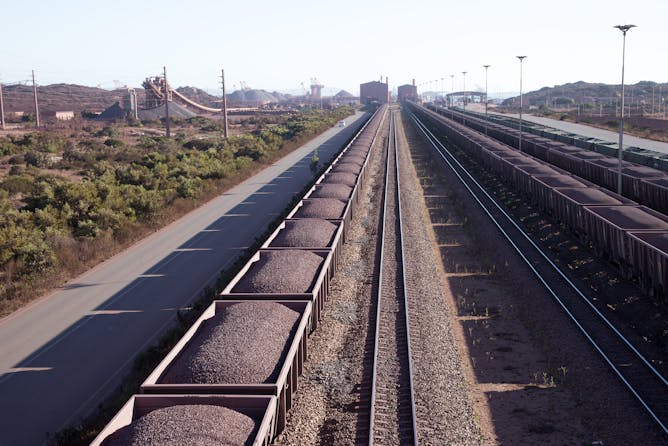
Eskom and Iscor were formed to feed the railway network’s need for cheap electricity and steel.
Shutterstock
Nancy L Clark, Louisiana State University
Though formed by the state, Eskom and Iscor enjoyed very little state support in their infancy. To survive, they had to cooperate with the private sector companies they were meant to compete with.
|
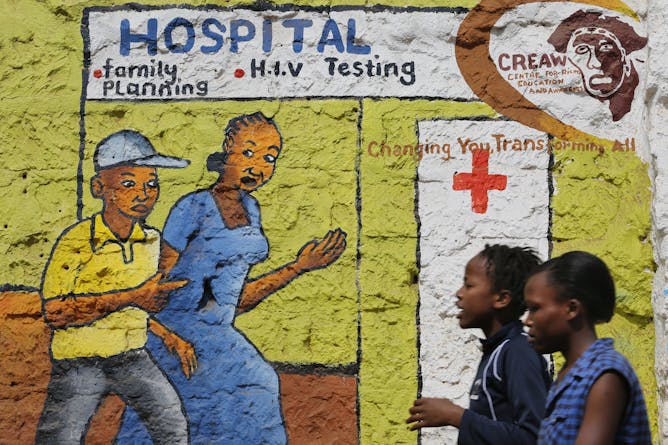
Women walk past a mural painted to raise awareness on HIV and AIDS in Kibera slum in Nairobi, Kenya.
EPA/Dai Kurokawa
Makobu Kimani, Kenya Medical Research Institute
The government needs to revise national guidelines to better target PrEP at those that would most benefit from it.
|
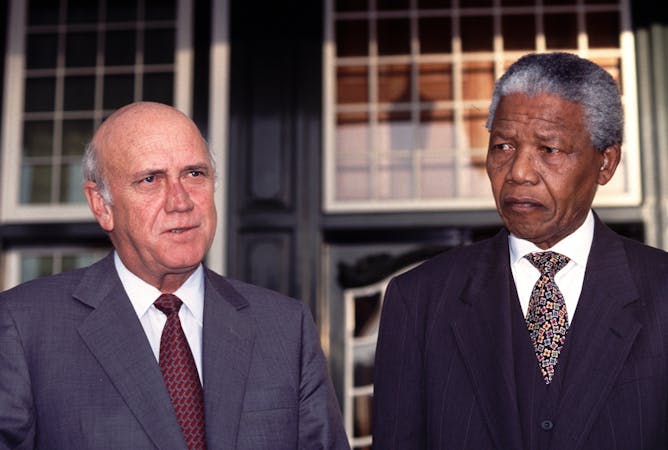
Newly elected South African president Nelson Mandela and deputy president Frederik De Klerk in May 1994.
EPA/Nic Bothma
Sue Onslow, School of Advanced Study; Martin Plaut, School of Advanced Study
The April 1994 election proved to be a watershed for South Africa.
|
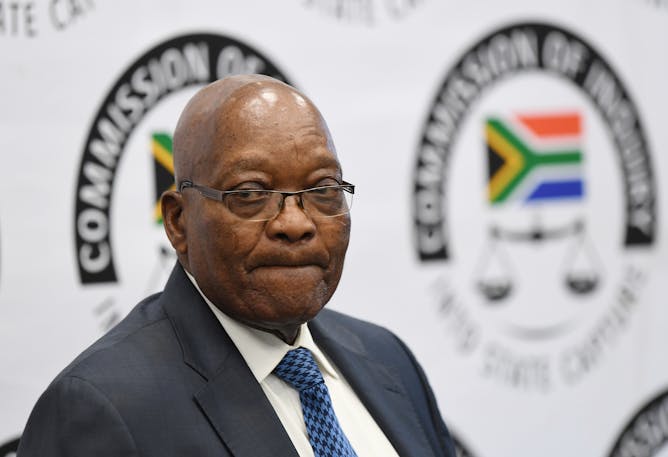
Former South African President Jacob Zuma at the Commission of Inquiry into Allegations of State Capture.
EPA-EFE/Pool
Roger Southall, University of the Witwatersrand
Trump and Zuma seek to sell explanations of their misfortunes to the socially insecure and economically vulnerable. To an alarming extent they succeed.
|
Business + Economy
|
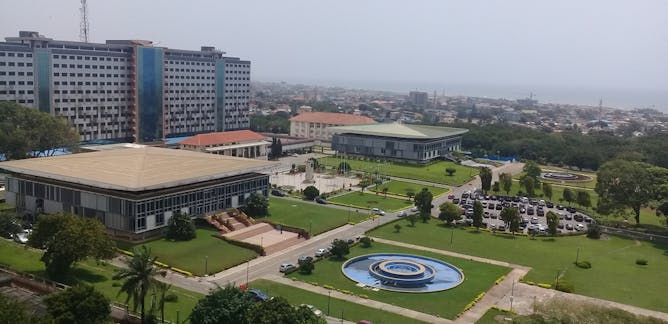
Adu Owusu Sarkodie, University of Ghana
Ghana is taking advantage of its strategic location in Africa
| |
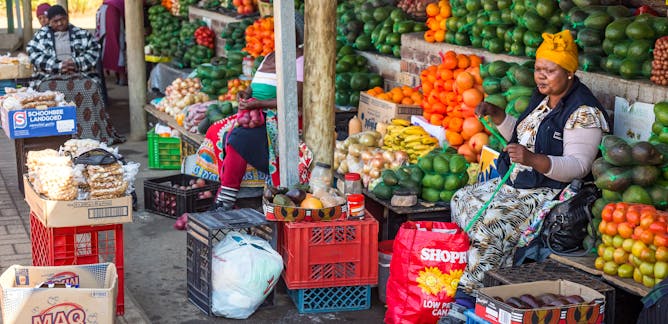
Mmatlou Kalaba, University of Pretoria; Heinrich Bohlmann, University of Pretoria
South Africa's recently introduced carbon tax may lead to financial losses in the short term, but it's necessary and will be beneficial in the long term.
|
|
|
From our international editions
|
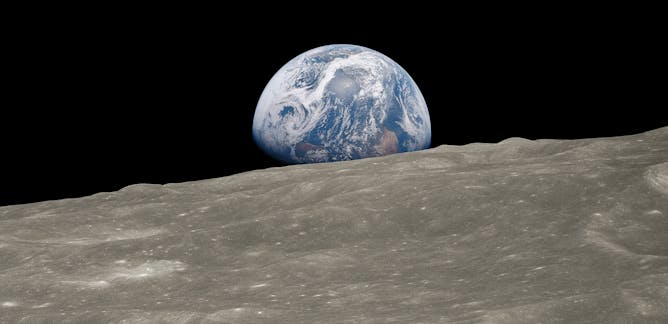
Eric Olson, University of Sheffield
'Saving the planet doesn’t make compelling TV.' A philosopher gives his take on the legacy of the Apollo 11 moon landings.
| |
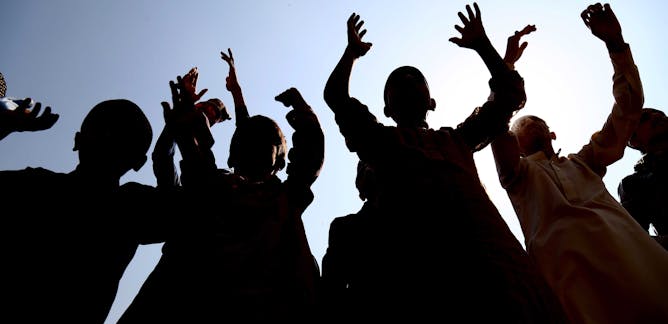
Abdullah Yusuf, University of Dundee
Taking on the state with threats and violent protests was met with a swift crackdown by Imran Khan's new government.
|
|
|